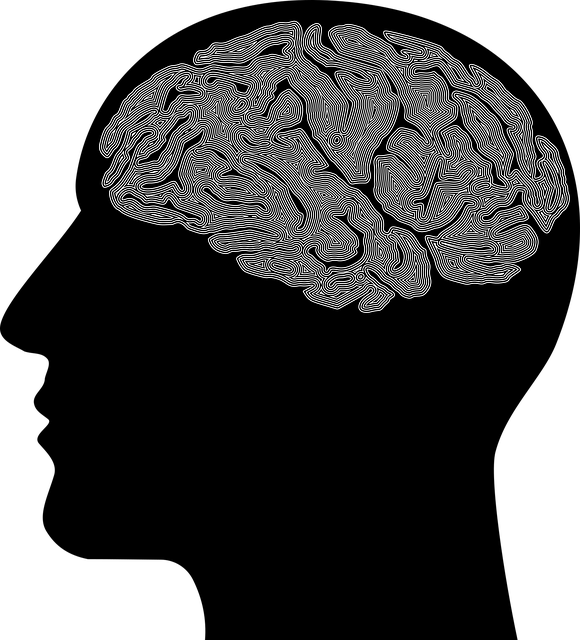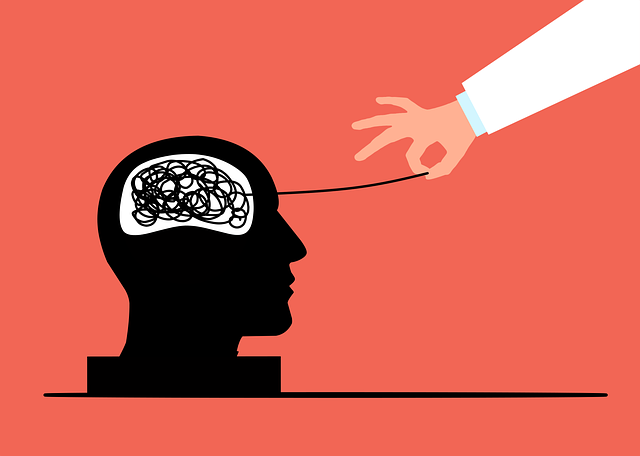Mental Health Crisis Hotlines provide 24/7 support for adult abuse survivors, offering immediate crisis intervention, suicide prevention, and therapeutic options from trained professionals. These hotlines foster self-care practices, empower individuals with coping skills, and facilitate access to tailored Therapy for Adults Abuse Survivors. Therapists use evidence-based techniques to stabilize clients, process past traumas, and promote resilience through Mind Over Matter principles, addressing cultural sensitivity and collaboration for comprehensive mental wellness coaching programs. Accessing help can be challenging, but dedicated resources guide survivors towards recovery.
“Mental health crisis hotline support services play a pivotal role in assisting adults who have survived abuse. These 24/7 resources offer immediate assistance and guidance during traumatic times, serving as a lifeline for those in desperate need. This article delves into the critical functions of these hotlines, highlighting their impact on adult survivors’ lives. We explore the expertise required of therapists in providing crisis support and long-term care, along with practical tips for navigating available resources. Understanding how to access therapy for adults abuse survivors is essential for fostering healing and recovery.”
- Understanding Mental Health Crisis Hotlines: A Lifeline for Adults Who Have Survived Abuse
- The Role of Therapists in Providing Crisis Support and Long-term Care
- Accessing Services: Navigating Resources for Adult Survivors Seeking Help
Understanding Mental Health Crisis Hotlines: A Lifeline for Adults Who Have Survived Abuse

Mental Health Crisis Hotlines serve as a vital lifeline for adults who have survived abuse, offering immediate support and guidance during intense emotional crises. These hotlines are accessible 24/7, staffed by trained professionals equipped with expertise in trauma-informed care, enabling them to provide crisis intervention, suicide prevention, and de-escalation techniques. For individuals grappling with the aftermath of abuse, where feelings of vulnerability, anxiety, or depression may overwhelm coping mechanisms, these hotlines offer a safe space to vent, receive empathy, and explore therapeutic options.
Beyond immediate support, understanding mental health crisis hotlines as part of a broader therapy for adults abuse survivors can facilitate self-care practices and burnout prevention strategies for healthcare providers. By encouraging individuals to develop coping skills that include mindfulness, stress management, and emotional regulation techniques, these services empower them to navigate challenges more effectively. This proactive approach not only aids in recovery but also fosters resilience, enabling survivors to pursue their personal journeys toward healing and well-being.
The Role of Therapists in Providing Crisis Support and Long-term Care

Therapists play a pivotal role in supporting individuals during mental health crises and facilitating long-term recovery. When faced with a crisis, therapists employ various evidence-based techniques to provide immediate relief and stabilize clients. This may involve helping them manage intense emotions, developing coping strategies, and ensuring their safety. Therapists skilled in trauma-informed care, especially those specializing in adult abuse survivors, are equipped to handle complex situations, offering a safe space for individuals to process past traumas and current stressors.
Beyond crisis support, therapists contribute to long-term mental wellness by tailoring treatments to individual needs. Using Mind Over Matter principles, they guide clients towards self-acceptance, resilience, and personal growth. Cultural sensitivity in mental healthcare practice is crucial, ensuring that therapists create inclusive environments and honor diverse cultural beliefs and backgrounds. Additionally, therapists may collaborate with other professionals to develop comprehensive Mental Wellness Coaching Programs, offering ongoing support and empowering individuals to take charge of their mental health journeys.
Accessing Services: Navigating Resources for Adult Survivors Seeking Help

Accessing help for adult survivors of abuse can feel overwhelming, but there are dedicated resources available to support those navigating a mental health crisis. Hotline services play a crucial role in providing immediate assistance and guiding individuals towards appropriate therapy for adults abuse survivors. These hotlines often employ trained professionals who offer not just emotional support but also practical advice on finding local therapists or support groups specializing in trauma healing and depression prevention.
Many hotline services promote compassion cultivation practices, which can aid in building resilience and fostering mental wellness coaching programs development. By connecting adult survivors with the right resources, these hotlines empower individuals to take the first step towards recovery. Remember that seeking help is a sign of strength, and there is no shame in reaching out for support when facing challenges related to past abuse.
Mental health crisis hotlines play a crucial role in providing immediate support to adults who have survived abuse. By offering confidential and accessible resources, these services serve as a vital lifeline, enabling survivors to navigate their challenges with guidance from trained professionals. Furthermore, therapists specializing in trauma and abuse are essential for both crisis intervention and long-term care, fostering holistic healing and enhancing the well-being of adult survivors. For those seeking help, understanding and accessing these services can be transformative, paving the way for a brighter future. Remember that therapy for adults who have experienced abuse is available, and every step towards seeking support is a courageous one.














